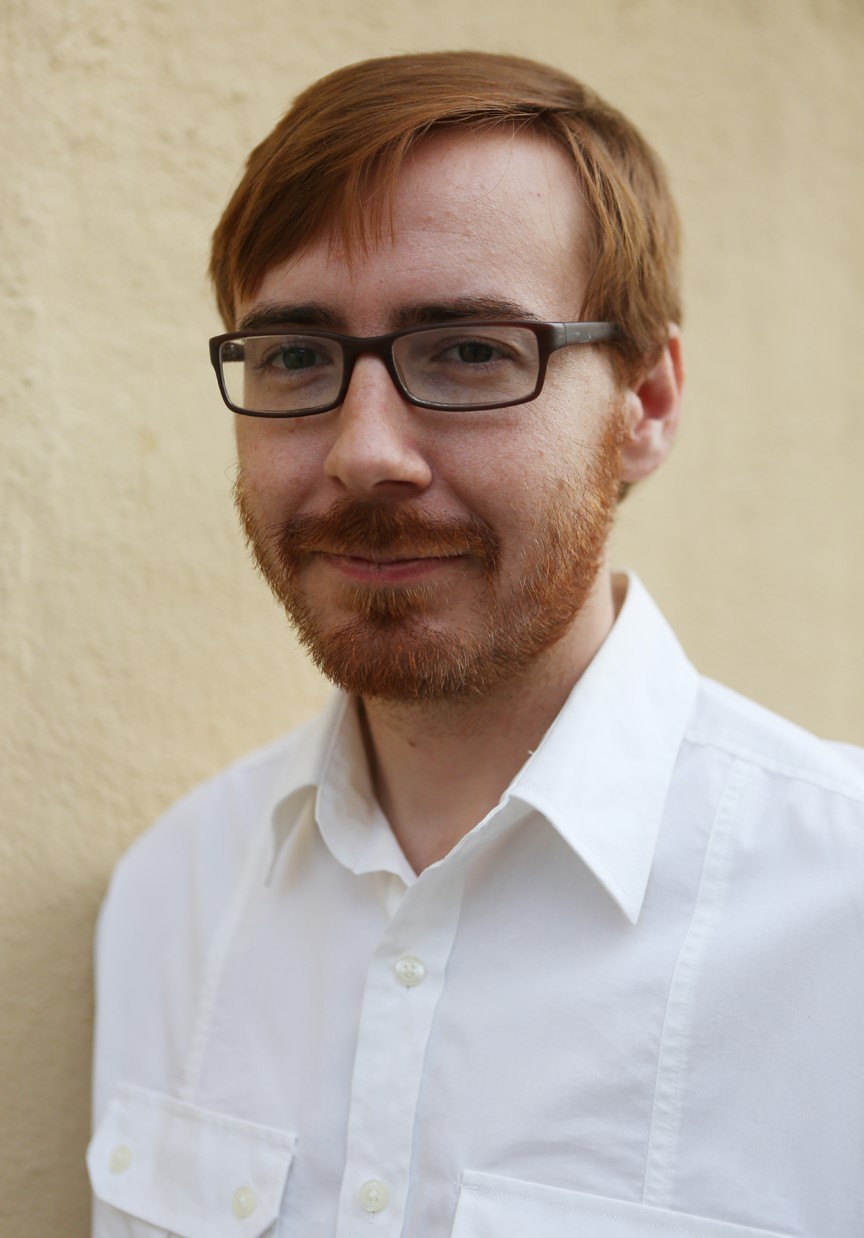
photo by Alan Chin
First published as a novel in 1962 and adapted into a film by the same name released in 1970, The Garden of the Finzi-Continis has had remarkable staying power. Its author, the late Giorgio Bassani, has two archives and study centers dedicated to him in Italy and major new English translations of his work have come out in recent years. The New York City Opera and National Yiddish Theatre Folksbiene's new opera adds to the continued interest in his work, proving that his lessons about intolerance are as relevant today as ever.
Ricky Ian Gordon and Michael Korie's opera is set in Ferrara, Italy, mostly between 1937 and 1943, the years of fascist dictator Mussolini's rise, implementation of Jewish racial laws in Italian society, and the deportation of Ferrara's Jewish population to concentration camps. The story is seen through the eyes of Giorgio (Anthony Ciaramitaro), the eldest son of a working-class family, who falls for Micol, the only daughter of the elusive, wealthy Finzi-Continis, who Giorgio's father derisively describes as "High Holiday Jews."
When the local tennis club abruptly bans Jewish participation in a tournament, the Finzi-Continis invite Giorgio, his brother, and their friends to their garden to play on private courts. This invite stokes Giorgio's obsession with Micol (Rachel Blaustein) and the Finzi-Continis, a development that is met with the disapproval of Giorgio's father, who continues to view them with disdain and suspicion.
Ricky Ian Gordon's score jumps between a somber recognition of the historical moment in which the characters find themselves and a joyful nod to the frivolity of youth. Some of the opera's standout moments occur when Giorgio, Micol, her brother Alberto (Brian James Myer), and his friend Malnate (Matt Ciuffitelli) breezily play off each other, whether in a game of doubles tennis or when the boys do a jazz-inspired song and dance number about their "college days."
Soprano Blaustein is a wonderful melancholy match for tenor Anthony Ciaramataro. Her flirtatious airs eventually give way to a knowing sadness, such as when she sings about the ancient trees inside the garden walls. One gets the sense that she knows just what's coming yet is unwilling to do anything about it. Baritone Brian James Myer just about steals the show with his solo, "Before I Die," as he pines for his old college friend, Malnate. Fellow baritone Matt Ciuffitelli is always a lively and welcome presence on stage.
The show belongs to Ciaramitaro, whose rich, soulful performance takes us from the ruins of the synagogue in Ferrara through the war and back. He more than capably shoulders the almost three-hour runtime, supported by a deep cast who are equally up to the task. Even smaller roles make strong impressions, such as Perroti, played by tenor Adam Klein as the Finzi-Continis' haughty antisemitic servant.
Directors Michael Capasso and Richard Stafford keep things moving at a solid pace with some particularly effective staging that bring home the gravity of the events. At the beginning, the voices of Ferrara's dispossessed rise behind images of their desecrated synagogue. The performers then flood the stage, ghostly reminders of those who once were there. The set design -- simple white panels of varying sizes with images projected on them -- serves as a nonintrusive backdrop for the story, providing the rooms, walls, and gardens of the Finzi-Continis.
A live introduction before the show suggests that somewhere in the world, at this very moment, something similar to what we are about to see is happening. While the Finzi-Continis family was the creation of novelist Georgio Bassani, the plight of Ferrara's Jews was real. And though the Finzi-Continis estate never existed, tourists still travel to Ferrra in search of the famed garden. It's a testament to the author that the story still has such a presence in the public consciousness.
Sixty years may have passed since The Garden of the Finzi-Continis was first published, but as Gordon's and Korie's new opera reminds us, the world beyond the walls of the garden hasn't changed as much as we'd like.
Presented by New York City Opera and National Yiddish Theatre Folksbiene at the Museum of Jewish Heritage.
Related Posts

Poems of Sorrow and Hope

Where Have All the Jewish Movies Gone?

